Ali MacGraw decided to pause her acting career to support Steve McQueen.
Ali MacGraw, whose name once reigned supreme in Hollywood, ascended to superstardom nearly instantly. Her ascent to fame was rapid, yet her retreat from the public eye was just as quick. Now, at 84 years old, she has departed from the entertainment industry and discovered tranquility in a secluded, tiny town. Her elegant aging, highlighted by her silver hair, symbolizes a woman who has accepted her path and found satisfaction beyond the fame and wealth that previously characterized her.
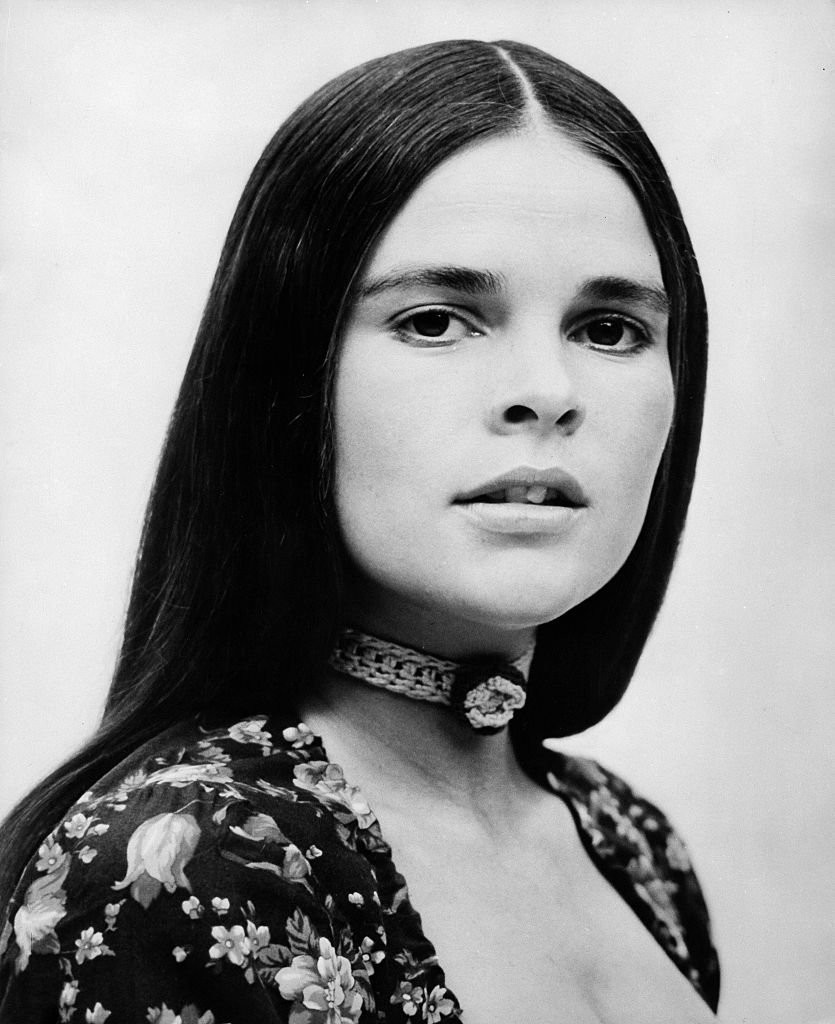
Born Elizabeth Alice MacGraw on April 1, 1939, in Pound Ridge, New York, Ali hailed from an artistic family. Her mother, Frances, was a creative individual, serving both as an artist and an educator. Her father, Richard, also engaged in art but bore the emotional wounds from a harrowing childhood in an orphanage. Richard’s challenging history frequently surfaced as anger, affecting his family dynamics. Ali shared that her father never forgave his biological parents for leaving him, and much of his adult life was characterized by repressed fury.
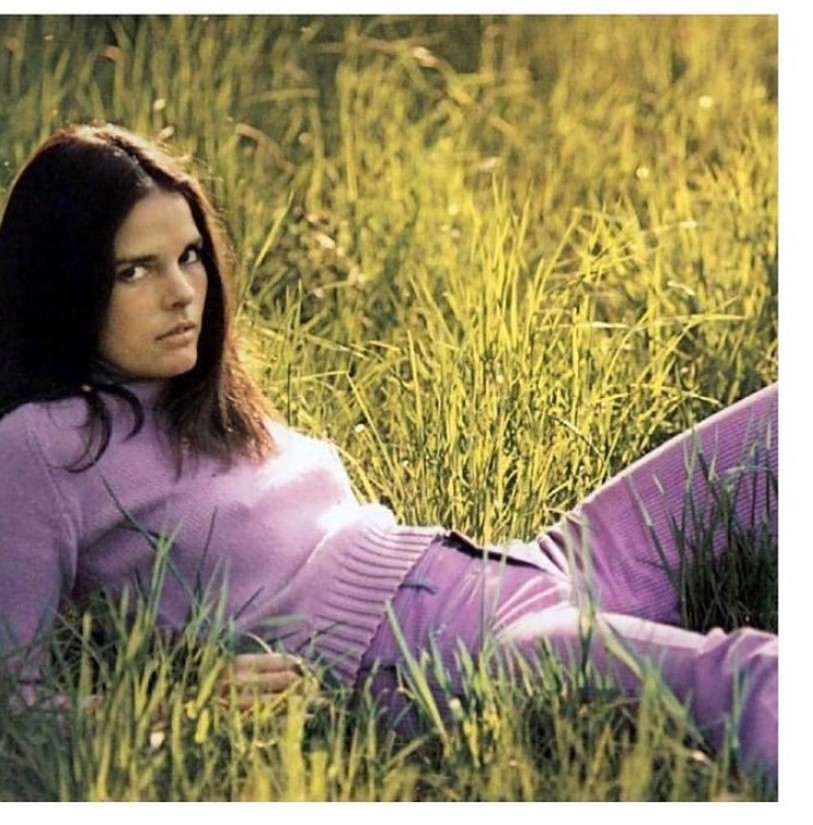
Amid the emotional chaos in their family, Ali and her brother, Richard Jr., were raised in an atypical home. Financial resources were limited, and they resided on a wilderness preserve in Pound Ridge, sharing their residence with an elderly couple. This arrangement lacked privacy, which Ali later found intolerable. Her mother undertook various commercial art projects to sustain the family, while her father struggled to sell his artwork. His mounting frustration frequently erupted, and her brother became the target of his wrath. Ali recalls the anguish of observing her father’s violent outbursts, which inflicted profound emotional wounds.
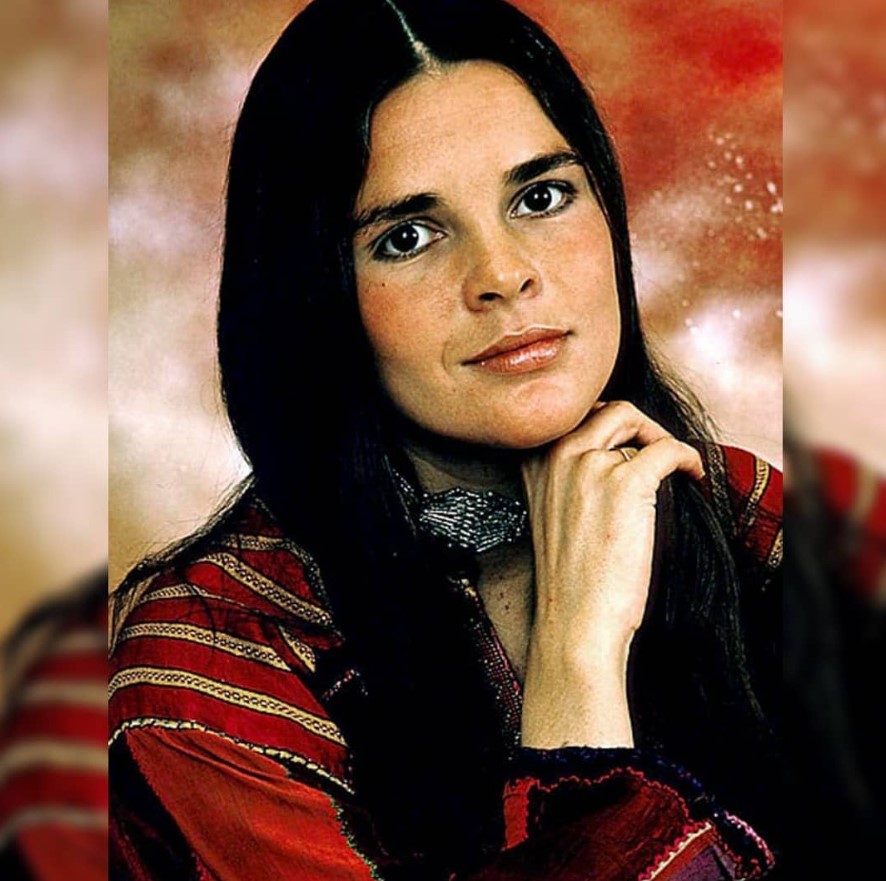
In spite of these obstacles, Ali was resolute in forging a creative path for herself. She secured a scholarship to the esteemed Rosemary Hall, a preparatory school, and subsequently attended Wellesley College in Massachusetts. At 22, Ali relocated to New York City, where she obtained her initial position as an assistant editor at Harper’s Bazaar. This period was filled with excitement and exploration for the young Ali, who was deeply involved in the dynamic realm of fashion.

Her career in the fashion sector began humbly, but her beauty soon attracted photographer Melvin Sokolsky’s attention. He urged her to move from working behind the camera to being in front of it, and Ali’s modeling career rapidly flourished. She featured on magazine covers and in television advertisements, and her inherent beauty and grace swiftly made her a highly desired model. This visibility paved the way for her inevitable transition into acting.
Ali made her acting debut in the 1968 film A Lovely Way to Die, but it was her subsequent role in Goodbye, Columbus (1969) that propelled her to fame. Her portrayal earned her a Golden Globe for Most Promising Newcomer. Nevertheless, it was her performance in the 1970 film Love Story that cemented her reputation as a Hollywood icon. As Jenny, a working-class college student, Ali delivered a portrayal that struck a chord with audiences globally. The film achieved enormous success, and Ali garnered both an Academy Award nomination and a second Golden Globe for her performance.
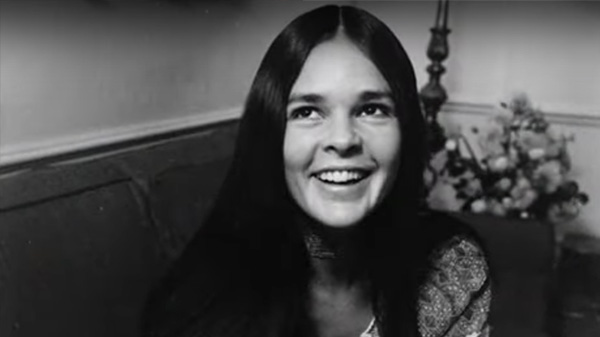
Even with her new-found fame, Ali’s personal life remained highly dramatic. She married film producer Robert Evans in 1969, and the couple had their son, Josh, two years later. However, their marriage did not last long. While filming The Getaway in 1972, Ali met actor Steve McQueen, and they initiated an affair. Ultimately, Ali left Evans to be with McQueen, relocating to Malibu with her young son.
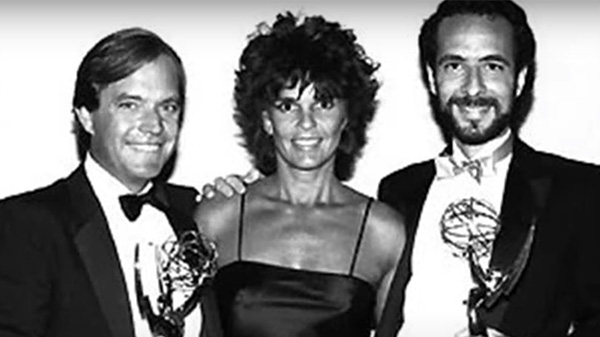
Although her relationship with McQueen was intense, it was also fraught with turmoil. McQueen, burdened by his own troubled history, was frequently controlling and possessive. He disapproved of Ali maintaining her own career and insisted that she abandon her work to remain at home. Their marriage was characterized by McQueen’s demands and jealousy, ultimately culminating in divorce in 1978.
After separating from McQueen, Ali’s life began to decline. She battled substance abuse, arriving intoxicated and under the influence for the filming of Convoy . Her addiction prompted her to cease drug use, but her career continued to falter. Many of her films from this period failed commercially, and the once-promising Hollywood star reached a pivotal juncture in her life.
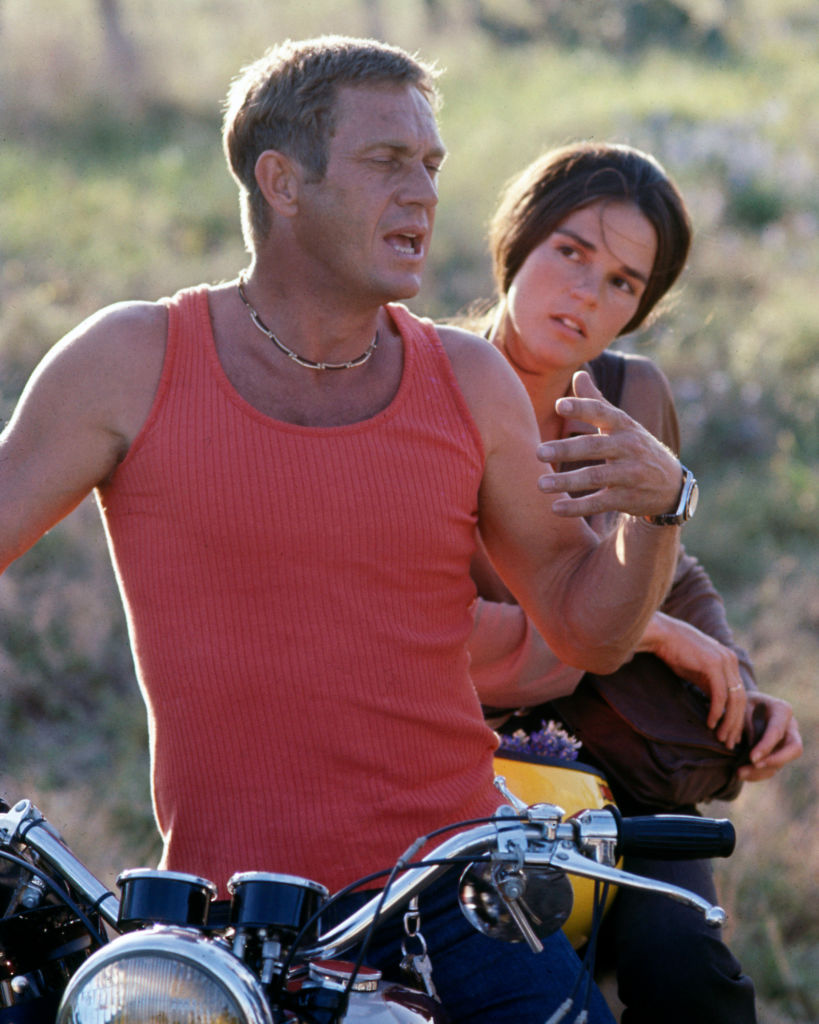
Ali ultimately chose to abandon Hollywood and seek a new direction. She ventured into interior design and accepted only sporadic acting roles, such as appearances in the television miniseries The Winds of War (1983) and China Rose (1985). However, by the mid-1980s, Ali’s life had reached a nadir. She felt disoriented and grappled with feelings of inadequacy, exacerbated by her alcohol addiction.
In 1986, Ali bravely chose to admit herself to the Betty Ford Clinic, where she spent 30 days receiving therapy. Her son, Josh, then 15 years old, observed his mother’s struggles and provided her with support during her recovery. Ali left the clinic fortified and more resolved to lead a healthier life.
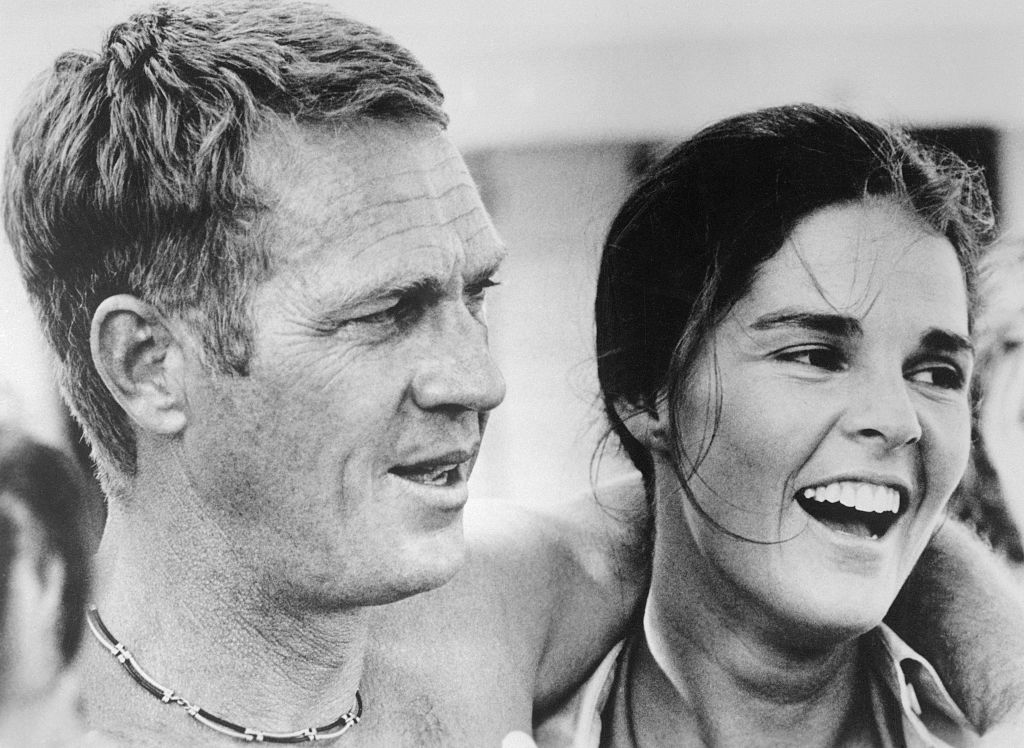
In 1993, tragedy struck once more when a wildfire consumed Ali’s residence in California. This devastating event led her to move to Tesuque, a small village near Santa Fe, New Mexico. In her new abode, Ali discovered tranquility and a sense of community. Her neighbors perceived her not as a former Hollywood star, but as a cherished member of the town who contributed through volunteer activities, including her participation in the annual International Folk Art Market.
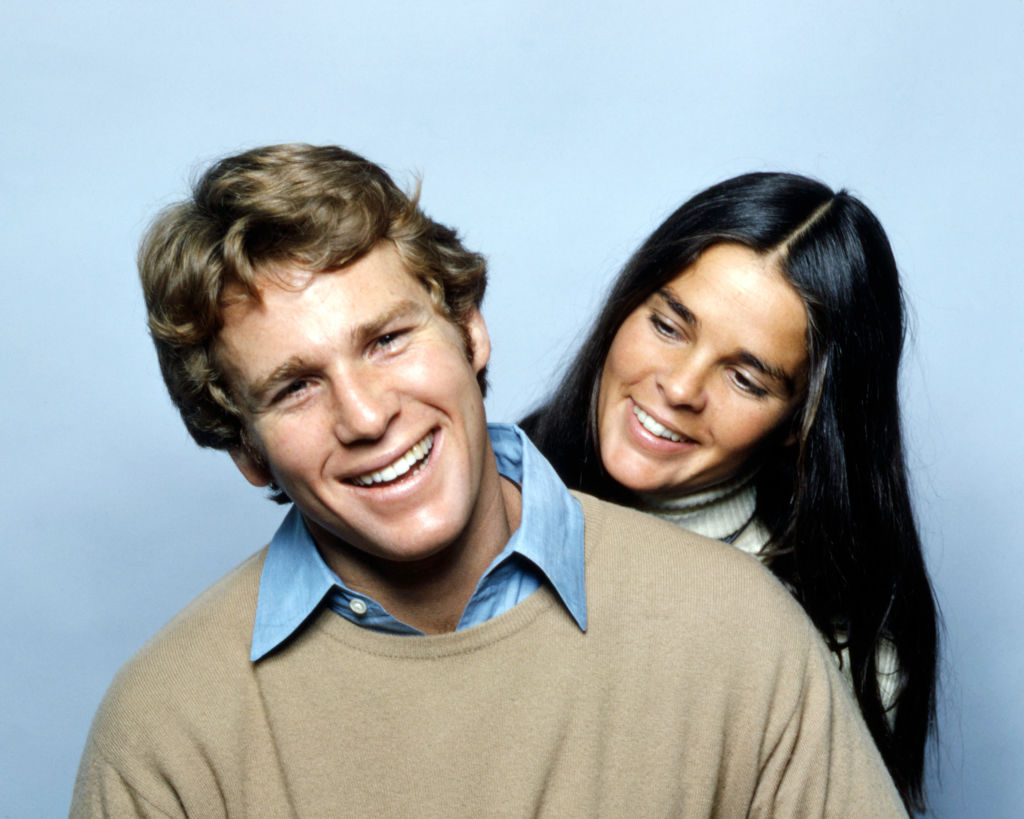
While Ali stepped away from acting, she briefly returned to the stage in 2006, reuniting with her Love Story co-star Ryan O’Neal in the Broadway adaptation of the Danish film Festen. Beyond this short stint, Ali remained out of the limelight, dedicating her efforts to causes dear to her, such as animal rights and creating yoga videos.
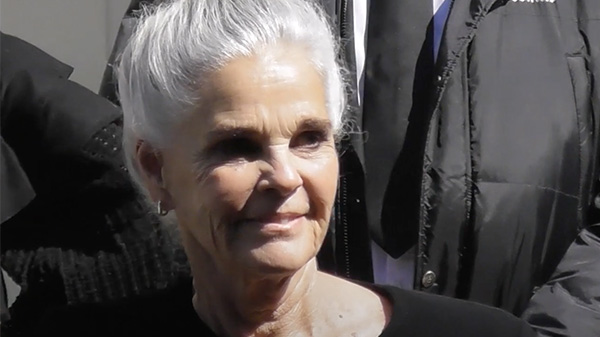
Even while relishing her peaceful existence in New Mexico, Ali stays receptive to new experiences. In a 2019 interview, she conveyed her continuous curiosity and aspiration to maintain her creativity. “I’m not happy when I’m not doing something creative,” she stated, highlighting the satisfaction she derives from her diverse pursuits.
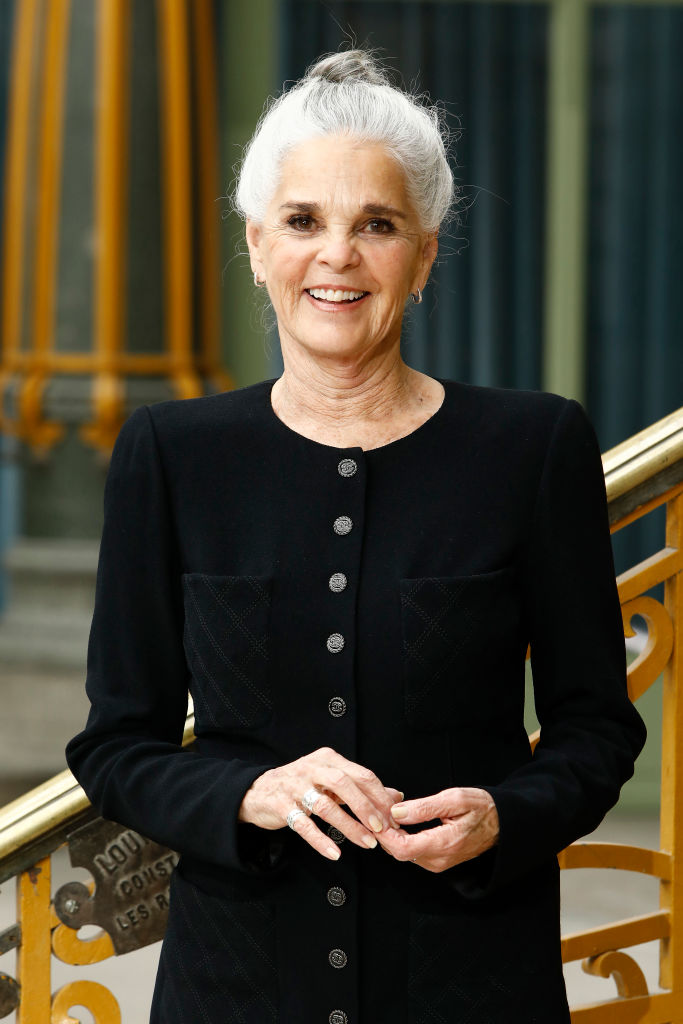
Her son, Josh Evans, has emulated her path, establishing a thriving career as both an actor and director. Ali takes pride in her son and treasures the strong bond they maintain. She frequently speaks warmly of her family and the happiness they provide her, especially her grandson, Jackson, born in 2010.
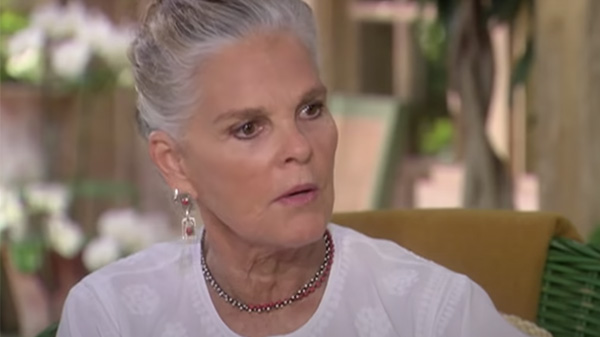
Ali MacGraw’s transition from a Hollywood star to a serene life in New Mexico exemplifies her resilience and fortitude. She has confronted personal and professional hurdles but has risen as a woman who prioritizes creativity, community, and family above all. Her narrative serves as an inspiration, illustrating that life can take unforeseen paths, yet with grace and determination, one can attain peace and satisfaction.

Looking back on her life today, Ali MacGraw welcomes the serenity and wisdom that accompany aging. Far from Hollywood’s demands, she has established a life rich with purpose, creativity, and community engagement. Her journey, defined by personal battles and victories, has molded her into a woman who treasures authenticity and simplicity over fame. Enveloped by family and the splendor of her New Mexico residence, Ali remains inquisitive and receptive to new experiences. Her legacy extends beyond Hollywood stardom to embody resilience, transformation, and inner tranquility.





